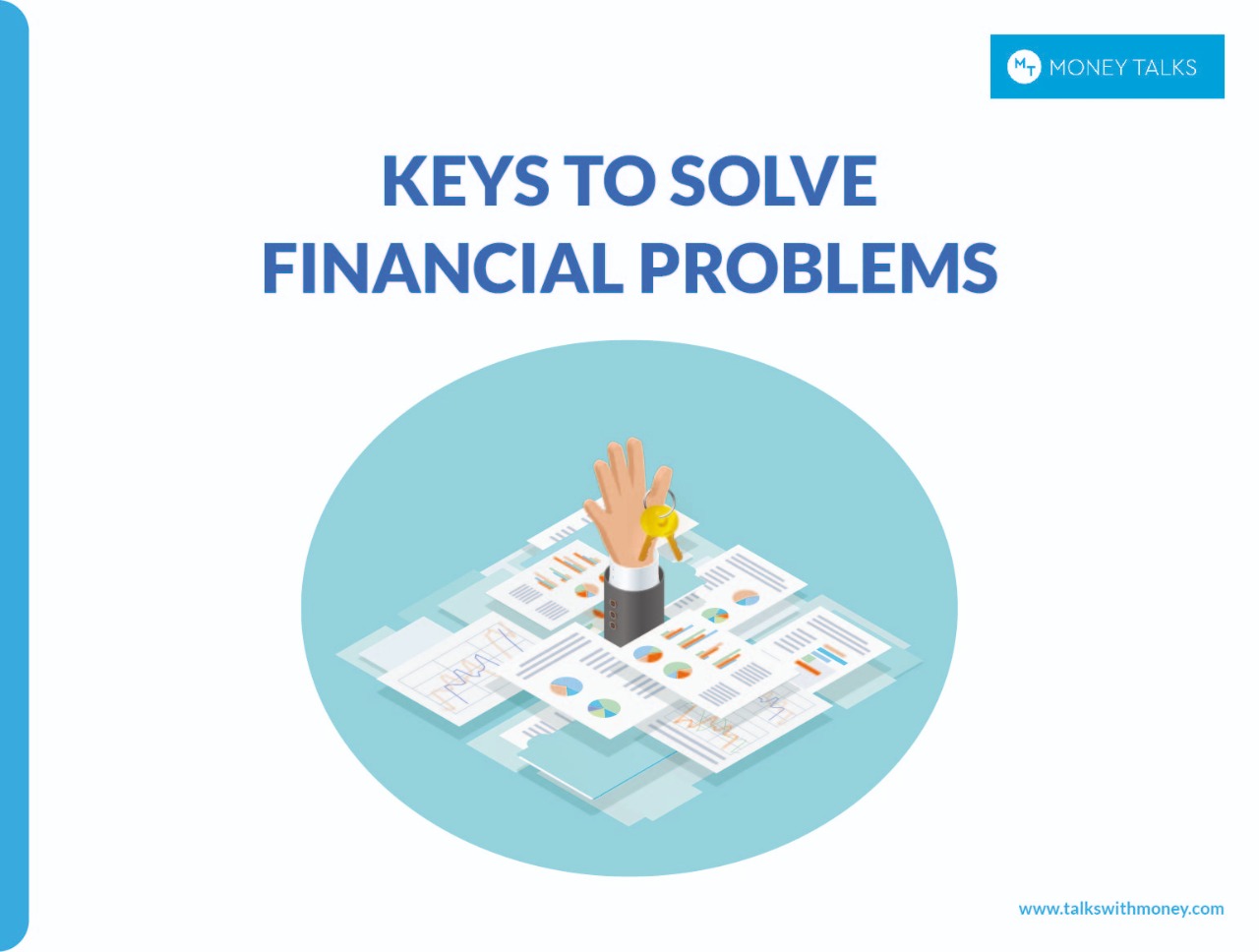A pandemic has hit the globe. People have locked themselves inside their homes due to fear of spread. World economy has hit rock bottom and so has the income of common man. Fear of losing the job or a dip in the income has left many worried especially the returning expats.
In these trying times, the first thing one should learn is to know how to manage money and to bring about a financial discipline in life.
- Keep an Emergency Fund
It is not about just expats, each and every person must maintain an emergency fund . It must be sufficient enough to cover the lifestyle expenses as well as EMI (equated monthly installments) payments of a family for a span of at least one year.
- No Unnecessary Expenses
Back out from anything that empties your pocket.
- No Long-Term Investment
Do not venture into any new long-term investments, be it insurance or equity. Liquidity is the key during this crisis.
- Continue Existing SIP, Insurance
Continue the existing SIP’s and insurance policies unless you are left with zero fund after the necessary expenses. Discontinuing the policies will result in losing the money paid.
- Avoid Quick Income Schemes
Do not fall into regular income offer traps in the form of business partnerships and other schemes. This is not the time to make such investments.
- No to New Traditional Insurance Policies
Say no to new insurance policies even if they come up with irresistible retirement plans and returns. Most of them have low liquidity and will at least take five years to initiate the returns.
- Manage your Expenses
Note down the monthly expenses and strike off the unnecessary ones. Maintain a discipline in financial matters so that you come out of this crisis unhurt.
- Review Existing Insurance
Review your insurance policies and make assessments regarding your term insurance, life insurance coverage, sum assured, health insurance and critical illness policy. Check whether these policies and its coverage meet the requirements of your dependents and family including ageing parents. If found insufficient, take corrective measures such as discontinuing the unnecessary ones.
- Manage your Debt
Restructure your debts which include renegotiating the interest rates of EM I’s if found higher. Combine the multiple loans and pay the interest together or reduce rates if possible. Seek the help of an expert in realigning the EM I’s and interest rates to make it a better payment structure.
- Find Part Time Job
Find a part time job if you are on a vacation or have resigned. Try working online if you are a skilled worker. Utilize the time to the fullest by searching for one online or developing a skill set which might add value to your resume.
- Build your Network
If you are in constant fear of losing the job, utilise the time to find a network who could help fetch a job.
- Goal Based Investing
Assess whether your investments are goal based apart from your emergency fund and insurance.
- Plan your Retirement
Check whether you have a retirement plan. Identify the time of retirement and the goals to be achieved before retirement.
In these unpredictable times, maintaining a financial discipline financial in life helps to come out of this crisis unhurt.



